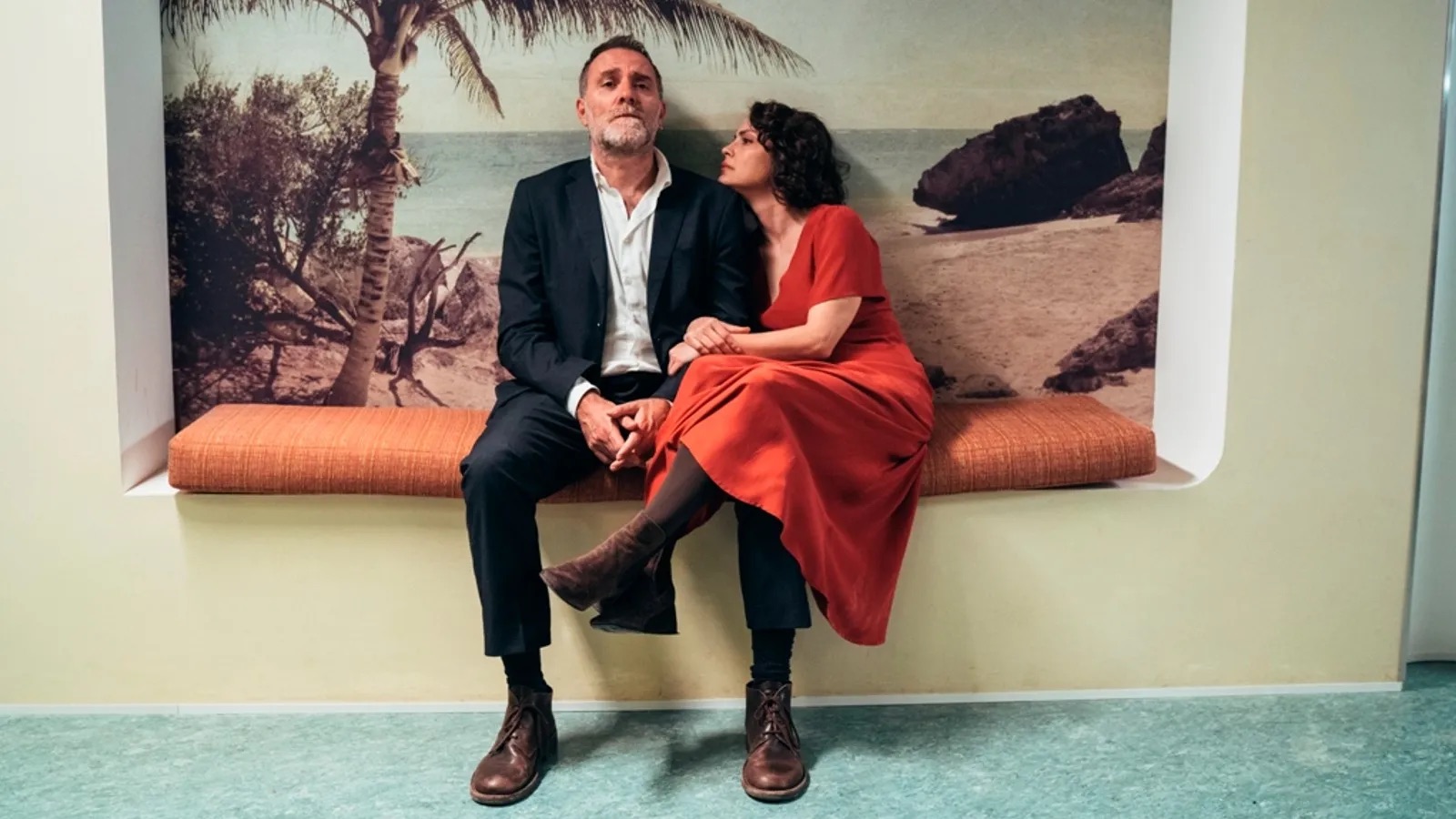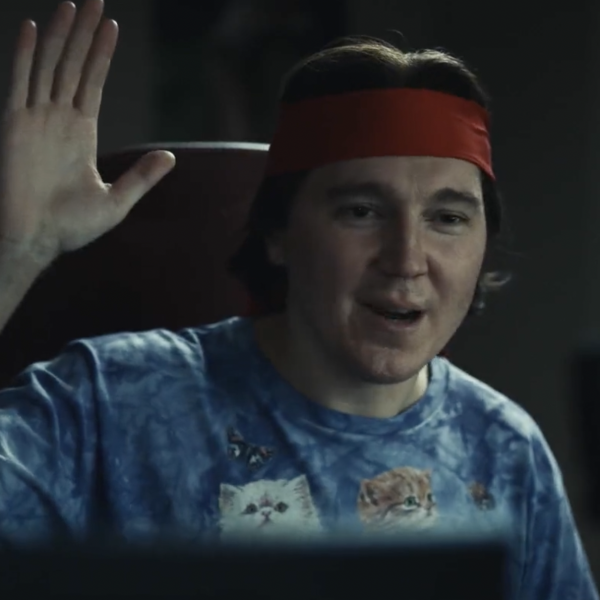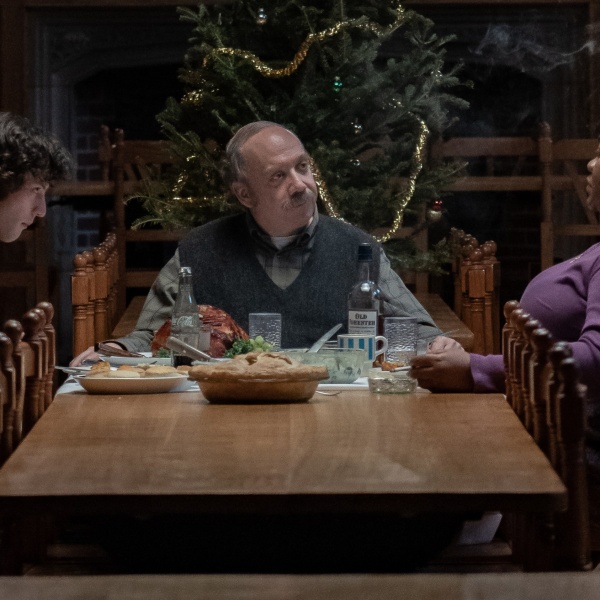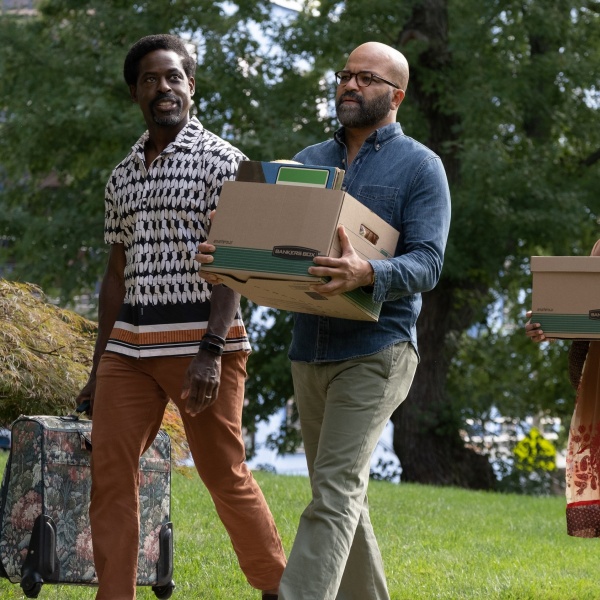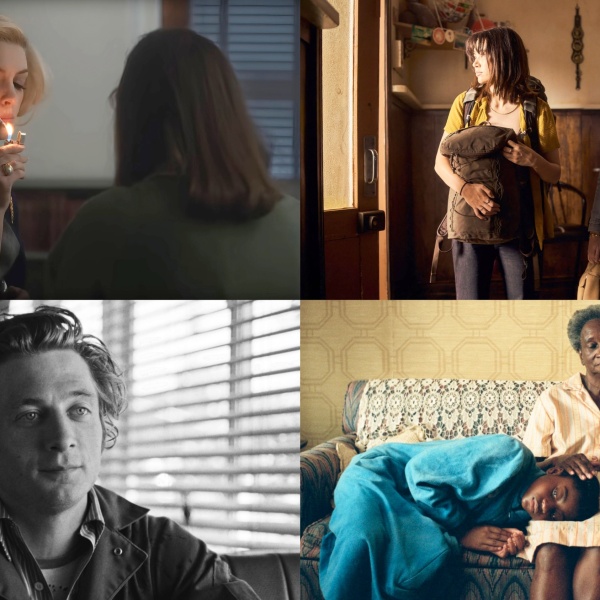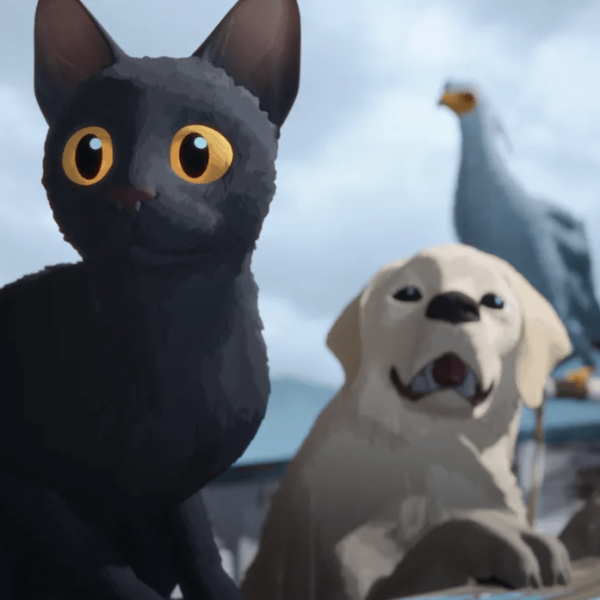Wry and melancholic, “Nonostante” (or “Feeling Better”) is a ghost story of sorts – one that rather uniquely decentralizes the hereafter. Instead, filmmaker Valerio Mastandrea imagines a very present-tense purgatory, following the comings and goings and general doldrums of a group of coma patients caught between life and death. Or, more to the point, she follows the souls of this motley group, torn from everyday life but still bound to this world by intubated and inert bodies, then left to wander the halls of a long-term care facility waiting to either wake-up or expire or maybe fall in love, whichever should come first.
Chief among them – though this lead, like every other character, goes nameless – is an ornery sort played by Mastandrea himself. Now marking his second outing behind camera, Mastandrea is already a popular Italian star and lead of last year’s record-breaking smash hit “There’s Still Tomorrow.” But even those less familiar with the actor’s background will quickly recognize his type – specifically here as the kind of middle-aged flâneur that has become Italian film’s stock protagonist. Self-contained in a suit and clad by ironic distance, the unnamed sort calls to mind all the doleful observers that have traipsed across the screen since il cinema went modern, highlighting a weakness of a film that could benefit from a touch more idiosyncrasy.
Though these particular lonely escapades begin at a long-term care facility, they are not limited to any one space, with this existential dramedy often beguiling on world-building alone. Mastandrea invites us to linger in his fantasy construct before relaying the rules, lending the experience an appealing uncanniness. The prosaic turns poetic as the anodyne, health clinic interiors – you know the type, full of fluorescent lights and antiseptic designs – soon give way to surreal embellishments. Strong gusts of wind, with the sudden force of a hurricane, sweep in unannounced, while the many lost souls defy genre conventions by moving freely through the world.
Problem is, they really have nowhere to go, and so we follow our lead as he watches his own body in repose before conversing with his many neighbors all sharing the same plight. “We have nothing to do but wait,” says one, relaying a motif that links grizzled old-timers to Young Turk alike, all while belying the film’s most interesting ripple. Our lead, and his peers, played by the likes of Lino Musella and Laura Morante, all live as if characters in a dream, with their existence ever threatened by the shared likelihoods of death and recovery. Should their conditions worsen or improve, the end result is the same – promising an instant and irrevocable erasure of this demimonde forged from slumber.
That abstract possibility assumes greater urgency upon the arrival of a new patient and wandering soul. She speaks with an accent, boasts the energy of Argentine star Dolores Fonzi (“Paulina”), and in no way accepts the limitations of her newly liminal state. And wouldn’t you know it, the two soon fall in love – or whatever the nearest approximation thereof – which poses an additional issue when their respective conditions take opposite turns.
Working from a script he co-wrote with Enrico Audenino, Mastandrea accents his premise’s wider allegorical possibilities, using this scheme to riff on all forms of existential heartbreak. Thought the spirits are able to interact with one another and free to roam, they cannot connect with those outside their condition – save for one tone-deaf musical therapist, played by local standup Giorgio Montanini — and that creates additional resonance once the lead takes his new love to visit his dementia-afflicted dad. The pair stand before the older man as literal and figurative ghosts – close in proximity but separated by an insurmountable metaphysical divide. That the scene apparently evokes the filmmaker’s own family story only adds poignancy, pointing towards a richer expression of these themes.
The filmmaker, however, opts for a more abstracted view, mostly keeping character backgrounds opaque to focus on here-and-now visual oddity. Together with DP Guido Michelotti, Mastandrea composes frames to highlight that metaphysical incongruity, often returning to god’s eye view overhead shots that set the world of the living against Mr. Inbetween and all his accomplices. The film quite literally soars in a late sequence that finds the lead caught up in mortal burst of wind, thrust into the sky and blowing towards eternity by forces beyond any of our control, all while set against a closing focus on memory that invites comparisons to Hirokazu Kore-eda’s “After Life.”
If not quite working on the same level as Kore-eda’s 1998 masterpiece, “Nonostante” still circles around similar conclusions, understanding that the artistic urge to capture and enshrine connects to a sentiment commonly offered in mourning. “May their memory be a blessing,” we say, owning our own agency in the matter by recognizing that a quieted voice can continue to echo for so long as we can hear and share – and Mastandrea captures that same sentiment here. Movies aren’t yet a balm for mortality, he admits, but as we wait for the alchemists to finally solve that problem, the best we can do is steal moments from time.
Grade: C+
“Nonostante” premiered at the 2024 Venice Film Festival. It is currently seeking U.S. distribution.
Want to stay up to date on IndieWire’s film reviews and critical thoughts? Subscribe here to our newly launched newsletter, In Review by David Ehrlich, in which our Chief Film Critic and Head Reviews Editor rounds up the best reviews, streaming picks, and offers some new musings, all only available to subscribers.
